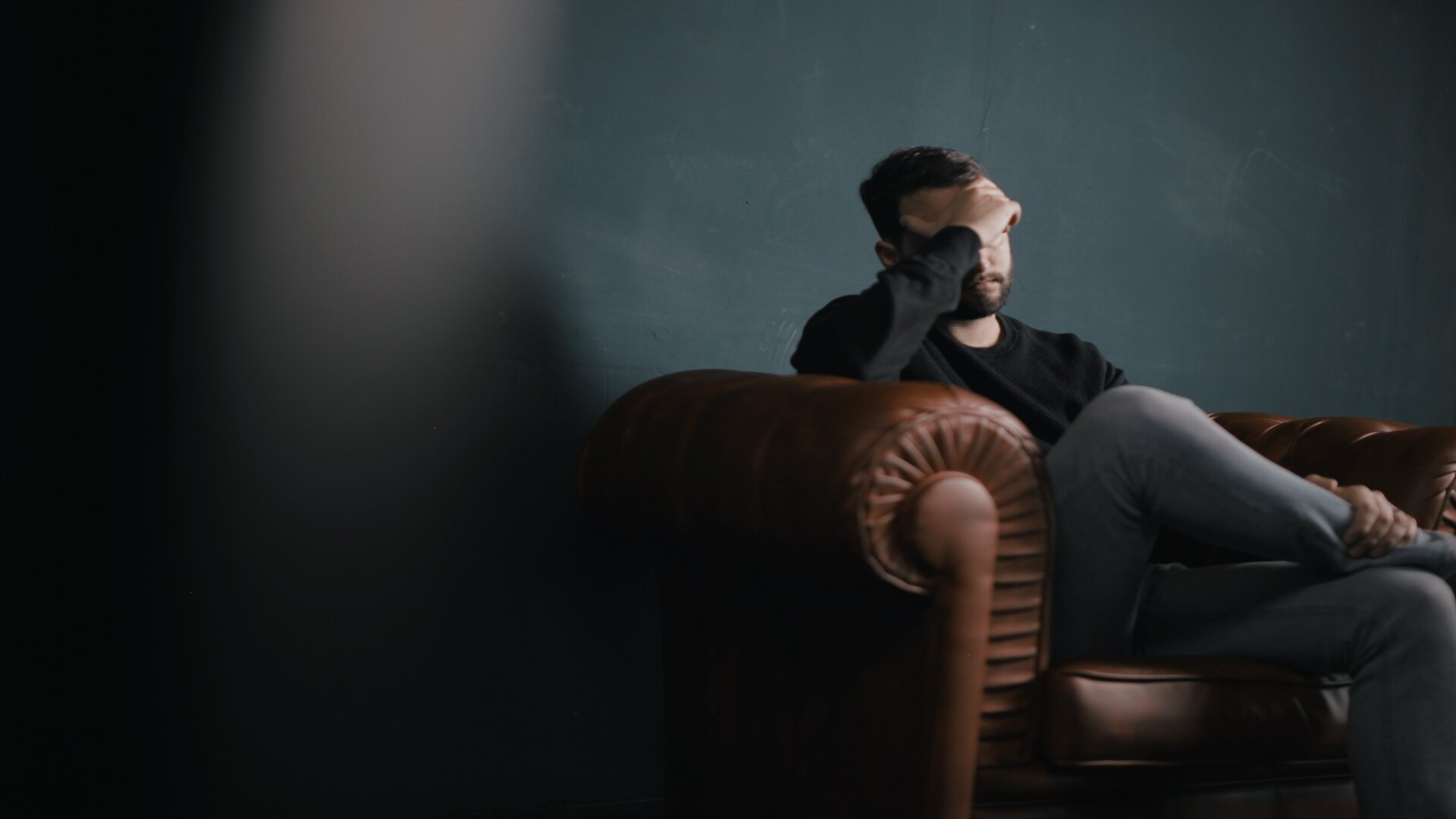A public health crisis such as the coronavirus pandemic is not something any of us have experienced before, which makes 2020 a truly unprecedented year. The impact on our lives in terms of stress and anxiety should not be underestimated.
Everyone feels different about what is going on around them, and every person reacts in their own way. Whether you are anxious about getting ill, worried about losing your job, frustrated about not being able to socialise or bored working from home, please remember that all of these feelings are perfectly natural.
During times of uncertainty, we need to take good care of our mental health and wellbeing. Here are some simple things we can all do to help us think clearly, so we can look after ourselves and our loved ones.
1 – Get the facts
While there is no shortage of information about coronavirus available in the media, not all sources are trustworthy. Conflicting advice can make things more difficult, affecting you and those around you. Whether you get your updates from social media, newsfeeds or other people, it is important to fact check everything before you choose to believe it or pass it on.
The best course of action is to find credible sources you can trust, such as official government and NHS information. If you find it upsetting to read or watch coverage of the current outbreak, limit your exposure to news and current affairs to maybe once a day – or switch it off altogether.
2 – Talk about difficult feelings
It is perfectly normal to feel worried, scared or helpless in the current situation. One of the best things you can do is to share your concerns with others that are in your confidence, acknowledging that some things are outside of your control.
However, if you have no-one to talk to or sharing your feelings has not helped, and you feel overwhelmed by constant anxiety about coronavirus, we are here to help. Reset Mind is providing online video counselling so you can get the help you need, as safely as possible.
3 – Stay connected
Maintaining healthy relationships with friends and family in times of crisis is crucial for our mental wellbeing. As much as official regulations allow, make a point of meeting up with people in person (always following social distancing and health advice).
If face-to-face meetings are not possible, or you are shielding at home, technology is now easily available to allow you to stay in touch via phone, video calls, social media or online meeting apps.
Meetup has moved a lot of their meetings online, so if you’re interested in meeting a new bunch of people or learning about something new, check out meetup.com
4 – Look after your physical needs
Your physical health has a huge impact on how you feel. This is not the time to fall into unhealthy patterns of behaviour that can make you feel worse. Instead, pay extra attention to looking after yourself.
Eat a healthy, well-balanced diet and keep sufficiently hydrated. Make sure you incorporate exercise into your daily routine – take a walk, run, bike ride or find a workout that you can do at home to help lift your mood and clear your mind. Maintain a good sleep routine wakeup and go to bed at the same time each day and evening, ensuring you get around 7-8 hours sleep a night. Avoid alcohol, caffeine, screen time and energetic activity, especially a couple of hours before bedtime. If you do decide to use your phone before bed, switch the blue light mode off.
5 – Focus on the present
Try to focus on what is happening in the here and now rather than worrying about the future. Take a look at mindfulness and meditation apps such as Calm or Headspace.
Ground yourself in the present by doing something you really enjoy. Do you have a favourite hobby that you feel passionate about? Would you love to learn a new skill? Whether you love reading or gardening, painting or playing an instrument, helping in the community or practising yoga, losing yourself in an activity can help with anxious thoughts and feelings.
